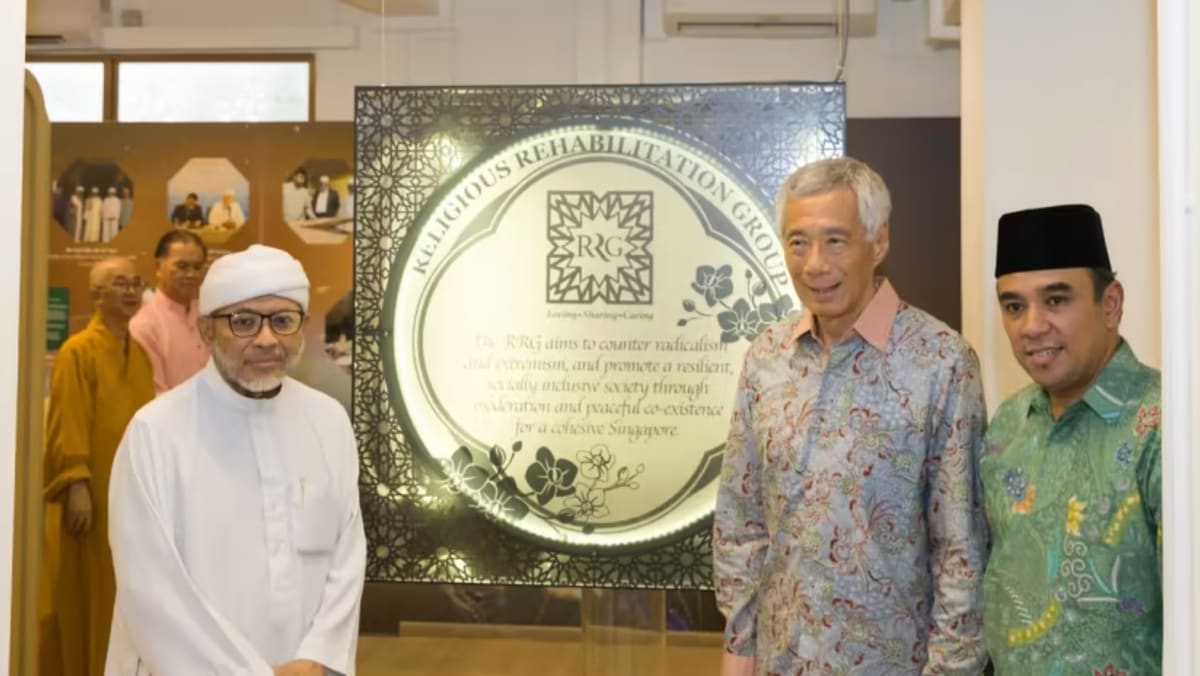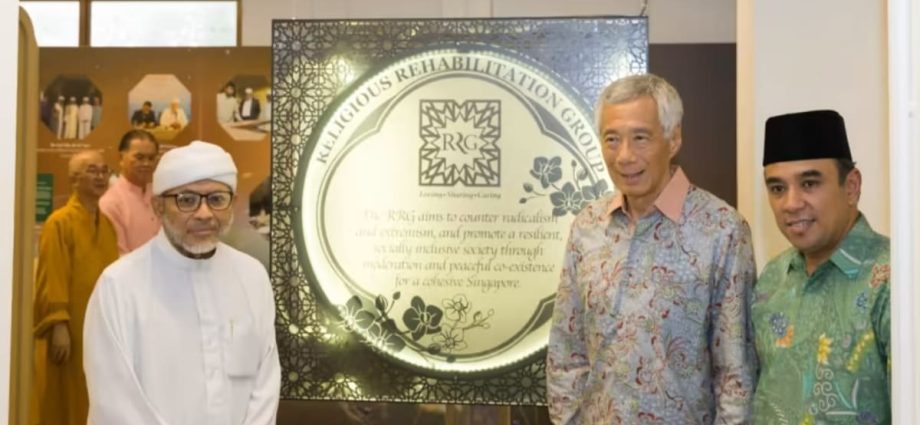
It has also widened its reach by raising its online presence during the COVID-19 pandemic. It organised virtual events and put out educational videos and articles to sustain its outreach during the pandemic.
Lastly, the RRG also works with other religious groups to promote better understanding among different faiths and tackle the terrorism threat together, Mr Lee said.
He gave an example of how, two years ago, the Internal Security Department detained a 16-year-old boy who wanted to attack Muslims in Singapore after being radicalised by far-right extremist ideologies.
The RRG shared its experience with the National Council of Churches in Singapore to help rehabilitate the boy, who is a Protestant Christian.
Thanking the group’s members and volunteers for their contributions, Mr Lee said that the RRG has played “an indispensable role” to not just counter extremism in Singapore for the last two decades, but also to promote interfaith bonds in society.
“COLLECTIVE VIGILANCE” THE STRONGEST DEFENCE
While the government is making every effort to neutralise the threat of radicalism, such as increasing outreach to counter extremist ideologies, everybody in society also has a role to play, Mr Lee stressed.
“Our strongest defence against terrorism is our collective vigilance. We must stay constantly alert against extremist ideologies.”
Singapore must also strengthen its racial and religious harmony. The country’s diversity makes it susceptible to being exploited by extremism along racial and religious fault lines.
“We must do our utmost to stay united and cohesive across the various racial and religious groups in our society.”
This article was originally published in TODAY.

